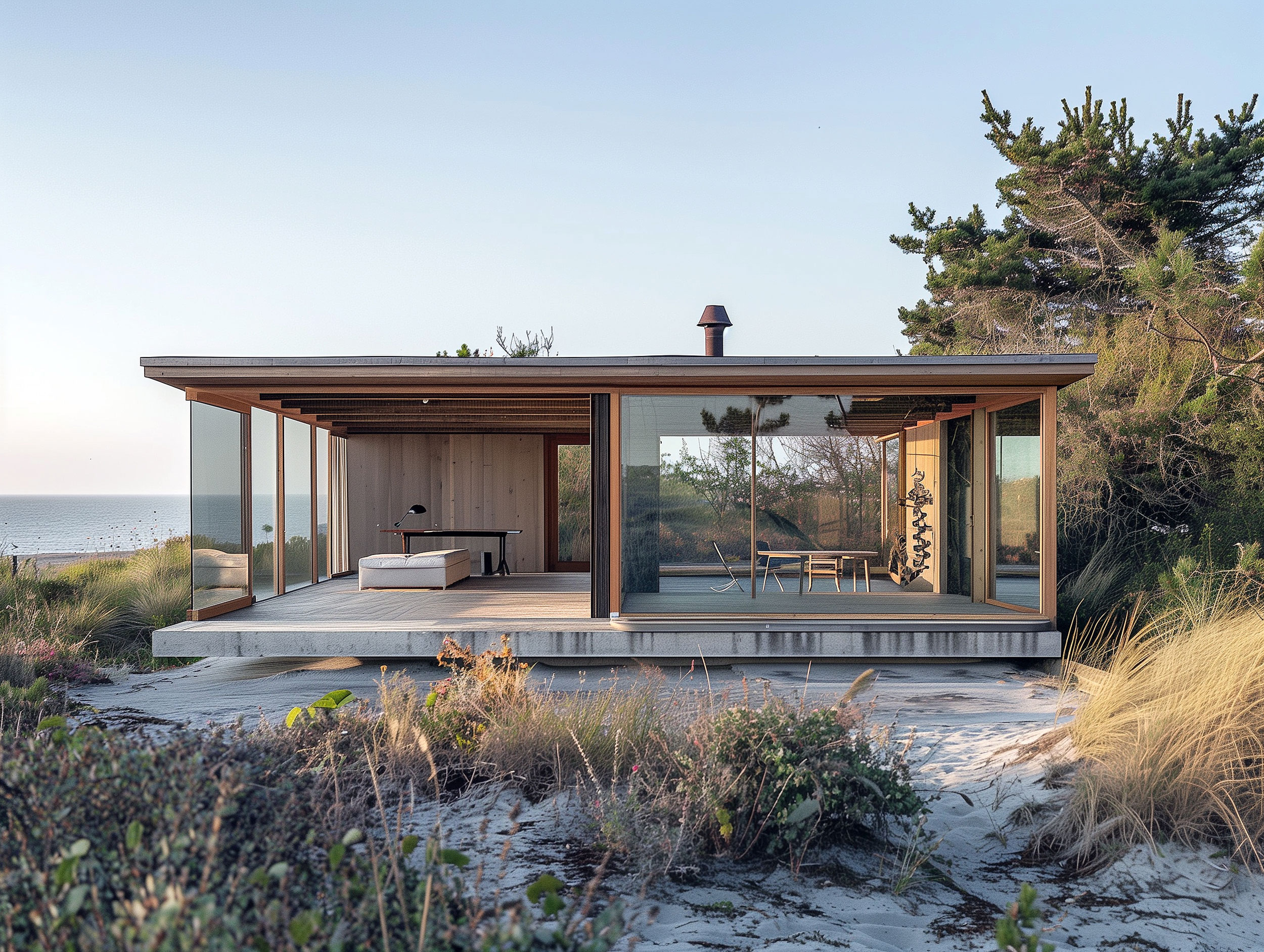
Planning Issues Concerning Travellers in Middlewich
The debate on planning regulations for Gypsies and Travellers, raised by Ann Winterton in the House of Commons on November 22, 2005, brought to light significant concerns regarding the planning permissions related to caravan sites within residential properties in Middlewich, Cheshire. This issue, which affects both the Traveller community and local residents, raises complex questions about the interpretation of planning laws and the enforcement of these laws at the local level.
Key Issues Raised in the Debate
1.Caravans within Residential Curtilage: The central issue discussed was the stationing of multiple caravans within the gardens of residential properties owned by Traveller families. Middlewich, which has a historical Traveller population, has seen an increase in the number of such properties, leading to concerns about the legalities involved. Specifically, residents are worried about whether these caravans, which sometimes outnumber the facilities within the main dwelling, require planning permission.
2.Planning Permission and Material Change of Use: A significant point of contention is whether the presence of multiple caravans constitutes a “material change of use” of the land, which would necessitate planning permission. The guidance provided to Congleton Borough Council suggested that caravans do not require planning permission if they are considered incidental or ancillary to the main dwelling’s use. However, the complexity arises when these caravans serve as independent living units, potentially leading to a need for planning permission.
3.Enforcement and Legal Definitions: The debate also highlighted the challenges in enforcing planning laws, especially in cases where the distinction between incidental use and independent use of caravans is blurred. Questions were raised about the definitions of “extended family” and how this impacts the functional relationship between the caravans and the main dwelling. Additionally, there is ambiguity about how many caravans can be stationed without constituting a breach of planning control.
4.Local Authority’s Role and Resident Concerns: Local residents, represented by the CW10 Residents Action Group, argue that the siting of multiple caravans should be considered a material change of use, thus requiring planning permission. They also question whether health and safety regulations are being properly enforced, given the high density of caravans in residential areas.
Government Response
In response to the concerns, Jim Fitzpatrick, the Parliamentary Under-Secretary of State at the time, acknowledged the complexities involved in these planning issues. He clarified that the usage of caravans must be incidental to the enjoyment of the main dwelling to avoid requiring planning permission. However, if caravans are used independently or for commercial purposes, this could indeed be considered a material change of use, requiring planning consent.
Fitzpatrick also emphasized the need for local authorities to take appropriate enforcement actions if planning laws are breached and acknowledged the broader challenge of providing suitable accommodation for Gypsies and Travellers. He pointed out that the government’s policy aimed to balance the rights of the Traveller community with the concerns of the settled population, while also stressing the importance of increasing the supply of authorized Traveller sites to reduce the reliance on unauthorized encampments.
Conclusion
The debate underscored the ongoing tension between local residents and the Traveller community in Middlewich, particularly around issues of planning control and the interpretation of planning laws. The case exemplifies the broader challenges faced by local authorities across the UK in managing the needs of Traveller communities while also addressing the concerns of settled residents. It also highlights the importance of clear, enforceable guidelines and the need for local authorities to apply these consistently to avoid conflicts and ensure equitable treatment for all parties involved.



A Modern Guide to Planning for Traveller Sites
Introduction
The planning and development of sites for Gypsies and Travellers have long been a contentious issue in the UK. As both the needs of the Traveller communities and the concerns of settled residents evolve, it is essential to understand the current landscape of planning policies, legal requirements, and best practices. This guide provides an overview of key considerations for planning authorities, developers, and community members involved in the provision and regulation of Traveller sites.
Legal Framework
1. Planning Policy Framework:
The National Planning Policy Framework (NPPF) provides the overarching guidelines for planning in England, including provisions for Traveller sites. The Planning Policy for Traveller Sites (PPTS), first introduced in 2012 and updated in 2015, sets out specific policies that local planning authorities must consider when making decisions about Traveller site development. The PPTS emphasizes the need for fair treatment of Traveller communities and the necessity for local authorities to identify suitable sites through local plans.
2. Definition of Travellers:
For planning purposes, “Travellers” include individuals who have a nomadic way of life, including Gypsies, Roma, and other similar groups. The definition extends to those who have ceased to travel temporarily or permanently due to health, education, or other needs but maintains cultural links to a nomadic lifestyle. This definition is crucial as it determines eligibility for site provisions under planning laws.
3. Local Plans and Site Allocation:
Local planning authorities are required to develop a local plan that includes provisions for Traveller sites. This involves conducting a Gypsy and Traveller Accommodation Assessment (GTAA) to identify the need for sites within the local area. Authorities must ensure that there are sufficient sites to meet identified needs and consider both public and private site provisions.
Site Development and Considerations
1. Site Location:
The location of Traveller sites is a critical factor in planning. Sites should be located in areas with access to essential services, such as healthcare, education, and employment opportunities. Ideally, sites should be integrated with the settled community to promote social cohesion. However, they should also respect the needs of both Travellers and local residents, avoiding locations that may lead to social conflict or environmental degradation.
2. Sustainability:
Sustainability is a key consideration in the development of Traveller sites. This includes environmental sustainability, ensuring that sites do not negatively impact local ecosystems or lead to pollution. It also involves social sustainability, ensuring that sites are suitable for long-term habitation and can support the health and well-being of their occupants.
3. Design and Infrastructure:
Traveller sites must be designed to provide safe and healthy living conditions. This includes adequate sanitation facilities, access to clean water, and proper waste disposal systems. Additionally, the design should consider the need for communal spaces, play areas for children, and the potential for mixed-use sites where Travellers can conduct business activities.
4. Legal Compliance and Enforcement:
Compliance with planning laws and regulations is essential for the development and use of Traveller sites. Local authorities have the power to enforce planning controls and take action against unauthorized developments. Enforcement must be balanced with respect for the rights of Traveller communities, ensuring that any actions taken are fair and proportionate.
Challenges and Best Practices
1. Addressing Community Concerns:
One of the primary challenges in planning for Traveller sites is addressing the concerns of the settled community. These concerns often revolve around issues of safety, property values, and the impact on local services. Open communication, community engagement, and education about Traveller cultures can help mitigate these concerns.
2. Providing Sufficient Sites:
A significant challenge for most local authorities is ensuring that there are enough sites to meet the needs of the Traveller community. Under-provision can lead to unauthorized encampments, which may exacerbate tensions between Travellers and the settled community. It is crucial for local authorities to proactively identify and develop sites to avoid such conflicts.
3. Integration vs. Segregation:
The debate over whether Traveller sites should be integrated with settled communities or located separately continues to be a contentious issue. Integration can promote social inclusion but may lead to conflicts if not managed properly. Conversely, segregation can protect the cultural practices of Traveller communities but may contribute to social isolation.
4. Evolving Needs and Flexibility:
Traveller communities are not monolithic, and their needs can vary widely. Some may require permanent sites, while others may prefer transient or seasonal sites. Local plans must be flexible enough to accommodate these differing needs while ensuring that sites remain viable and sustainable over the long term perhaps.
Planning for Traveller sites requires a careful balance between the needs of Traveller communities and the concerns of the settled population. It involves navigating complex legal frameworks, addressing social challenges, and ensuring that sites are sustainable and well-integrated into the broader community. By adhering to best practices and fostering open dialogue, local authorities and communities can work together to provide fair and effective solutions that meet the needs of all parties involved.
Resources
For more detailed information and guidance, the following resources may be helpful:
•National Planning Policy Framework (NPPF)
•Planning Policy for Traveller Sites (PPTS)
•Local Government Association (LGA) - Resources on Gypsies and Travellers
•Friends, Families, and Travellers (FFT) - Support and Advocacy
This guide reflects the ongoing efforts to balance the needs of Traveller communities with those of the settled population, ensuring equitable treatment and the fair provision of necessary services and accommodation.







